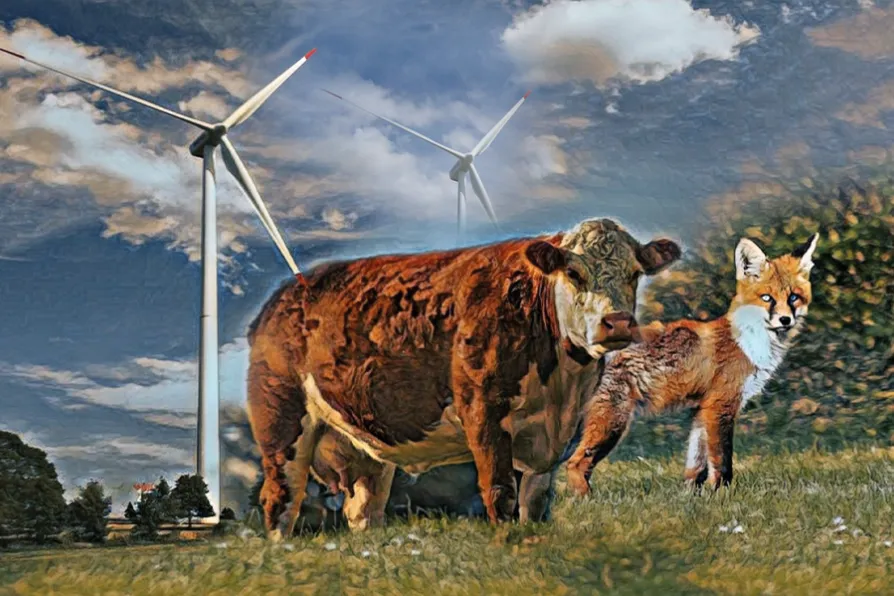Channel 4’s Dirty Business shows why private companies cannot be trusted with vital services like water, says PAUL DONOVAN


AN excerpt from a World Wildlife Fund report published in October reads: “Global wildlife populations have plummeted by 69 per cent on average since 1970. The staggering rate of decline is a severe warning that the rich biodiversity that sustains all life on our planet is in crisis, putting every species at risk — including us.”
This shocking statistic was released in time for the Cop27 summit currently taking place in Egypt. But it is just a statistic, and like all statistics, no matter how alarming, it fails to capture hearts and minds or to truly convey urgency.
Humanity’s use and exploitation of animals in various spheres of life is controversial. Humanity throughout history has developed complex relations with the other species inhabiting this world.

From summit to summit, imperialist companies and governments cut, delay or water down their commitments, warn the Communist Parties of Britain, France, Portugal and Spain and the Workers Party of Belgium in a joint statement on Cop30













